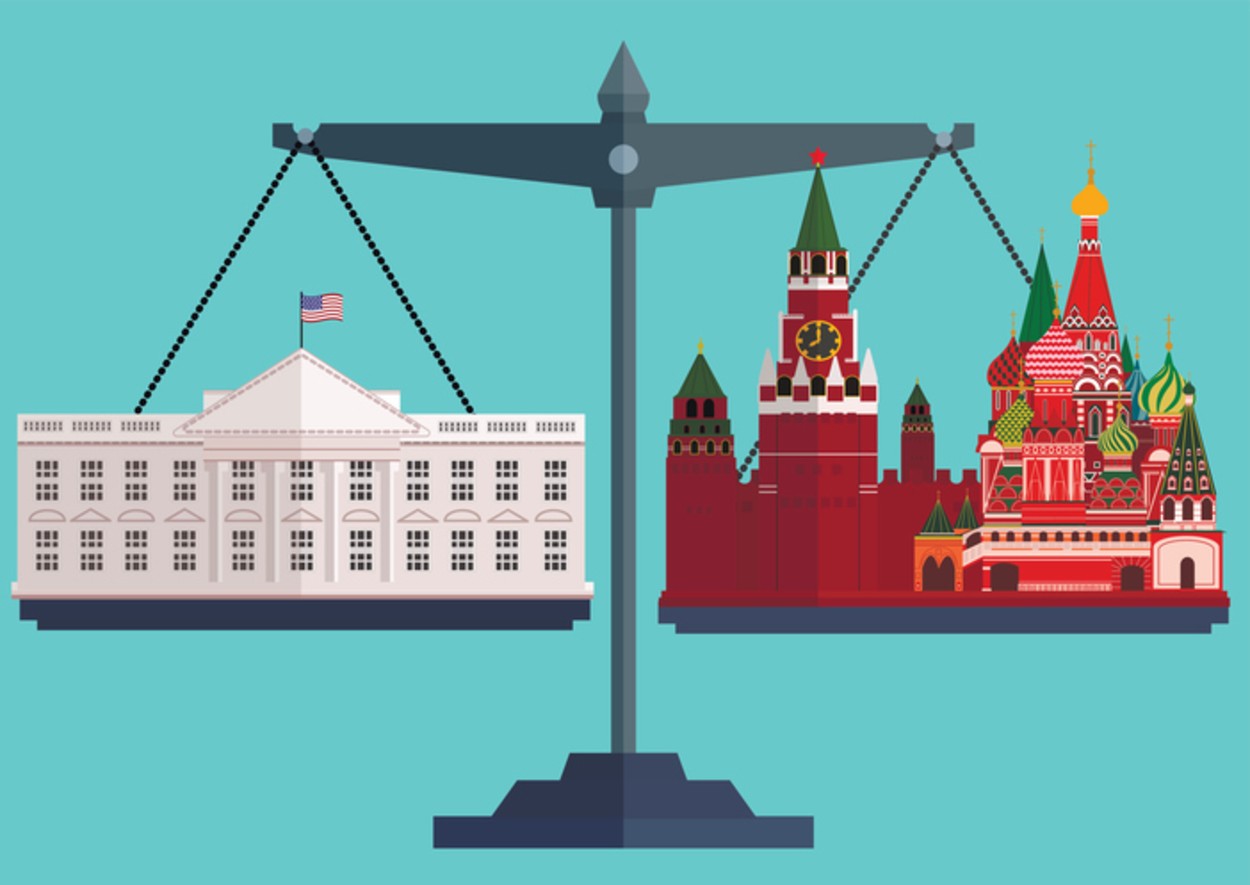Summary:
U.S. President Joe Biden and Russian President Vladimir Putin are scheduled to talk by phone Thursday, focusing on Russia’s troop buildup on the Ukrainian border and related topics. The comments below from Duke University professor Simon Miles, an expert on Russia, are available for use in your coverage.
Quotes:
“Today’s phone call between presidents Biden and Putin comes at a critical point in European security. Russian troops are on Ukraine’s border in significant numbers, and in a configuration which has analysts rightly worried about offensive military action. But one thing is clear: This is a crisis of the Kremlin’s making,” says Simon Miles, an assistant professor at Duke University’s Sanford School of Public Policy and an expert on Russia.
“Hopefully the talks between Russia’s and the United States’ leaders are productive; but in all likelihood, a solution will need to involve the Ukrainian government as well. Its people have made a preference clear when it comes to the future of their country: Closer integration with Western Europe.”
“Ukraine, as a sovereign state, has the right to make its own foreign policy decisions. Some of Russia’s demands are unlikely to be acceptable to Kyiv, but some proposals, such as on arms control and confidence-building measures, are perhaps productive and worth pursuing.”
“What Putin’s endgame is remains unclear. The existence of a prosperous, democratic Ukraine on Russia’s border is clearly a reality with which he cannot live. But the sorts of security guarantees he has asked for from the United States must be cold comfort – he has repeatedly derided such legal documents as barely worth the paper they are written on, and the United States as the worst offender in breaking them.”
“What he does benefit from is the cycle of Russian action, escalating tensions and the U.S. reaction, giving him a high-profile summit in an attempt to reduce tensions. The meeting at Geneva in June 2021, their virtual meeting in December 2021, and now this January 2022 presidential meeting (and later lower-level gathering) should all have the White House concerned that it is playing into the Kremlin’s hand and rewarding Putin with prestige and status for his behavior.”
Bio:
Simon Miles
Simon Miles is an assistant professor in the Sanford School of Public Policy at Duke and an expert in Russia and the former Soviet Union. He is the author of “Engaging the Evil Empire,” an account of how Washington and Moscow ended the Cold War.
For additional comment, contact Simon Miles at:
simon.miles@duke.edu
—
Media Contact:
Steve Hartsoe
steve.hartsoe@duke.edu
_ _ _ _
Duke experts on a variety of topics can be found here.
Follow Duke News on Twitter: @DukeNews
###
